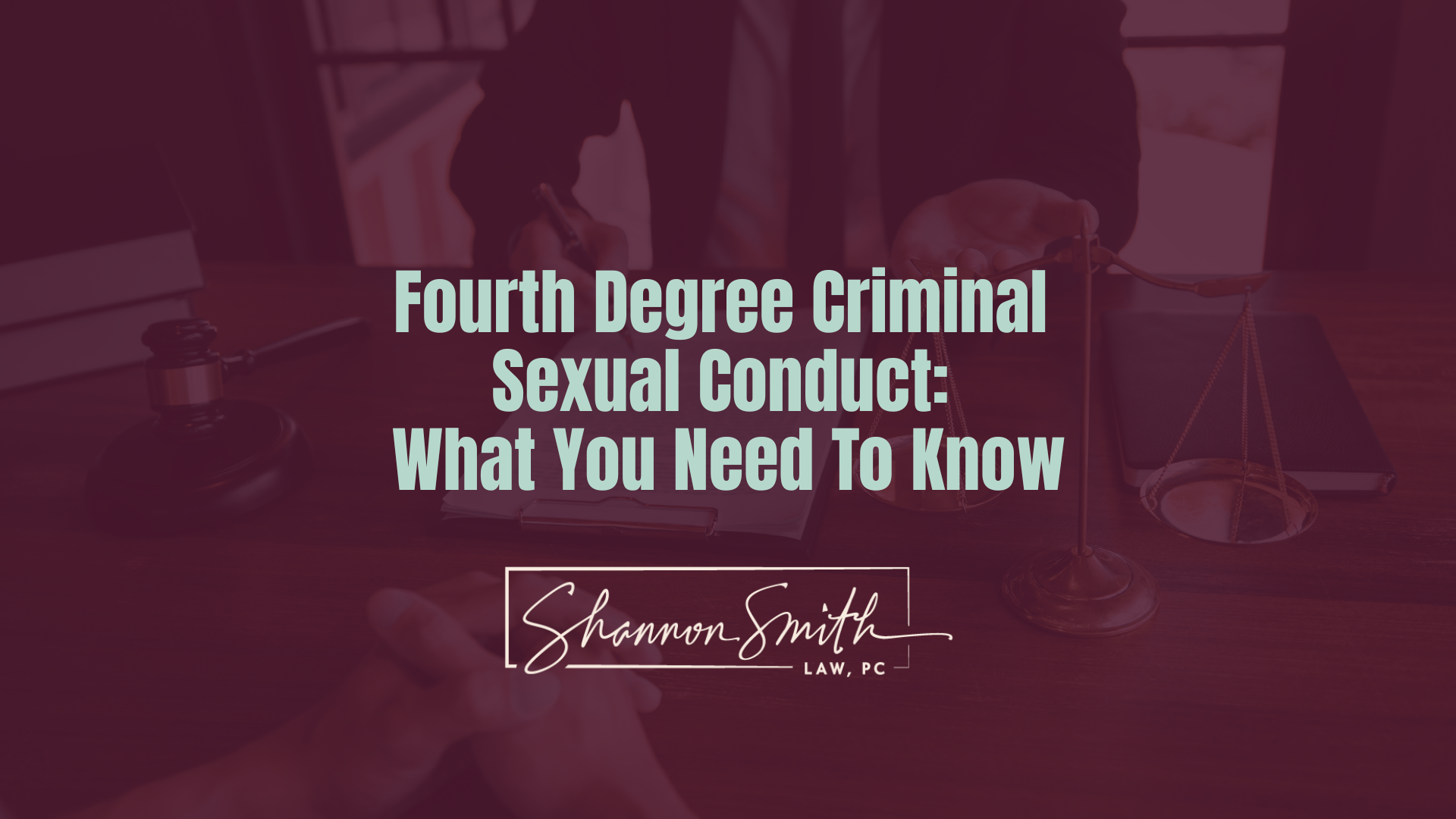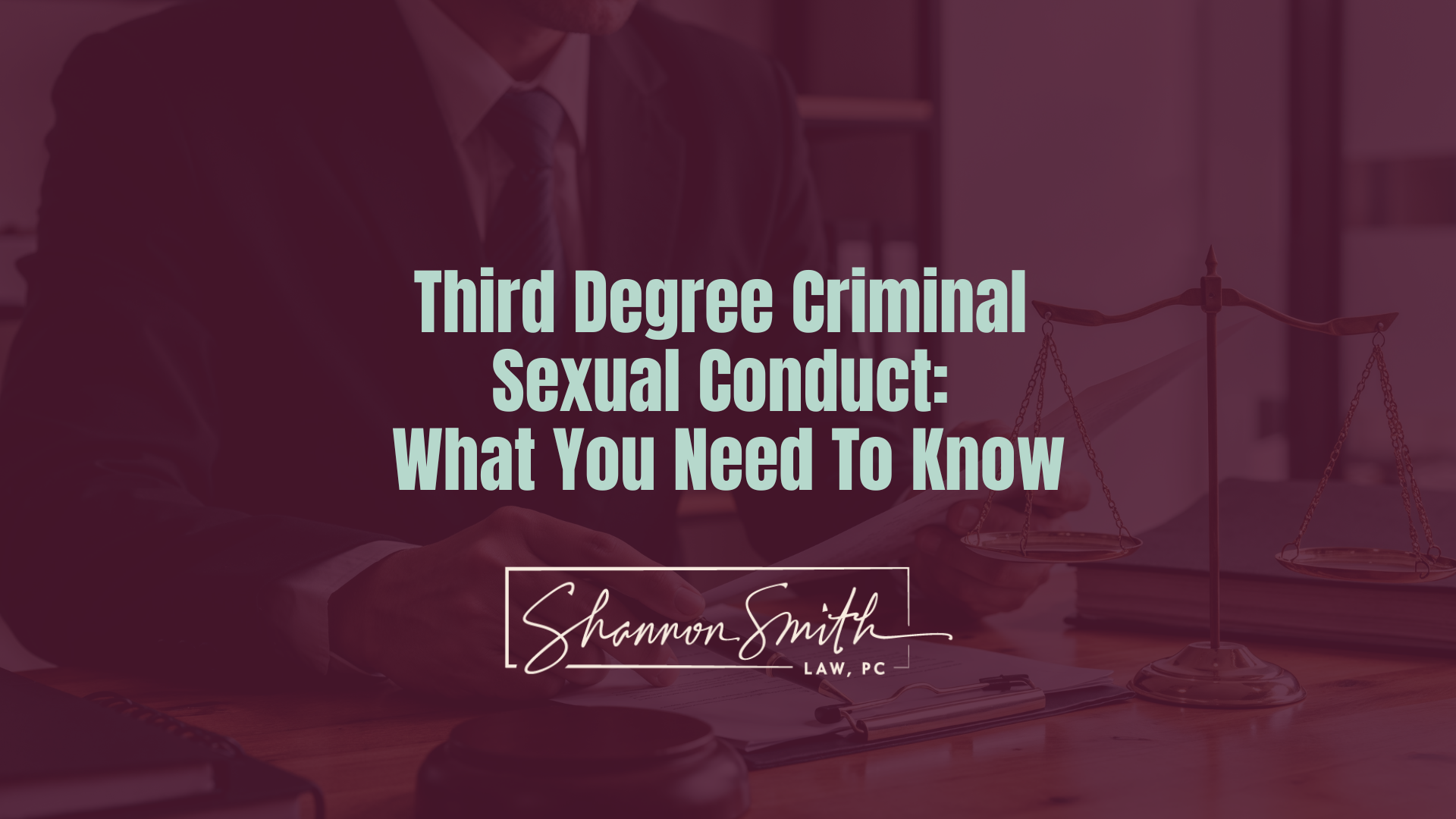On June 18, 2015, the United States Supreme Court issued its Opinion in the case of Ohio v. Clark. In its Opinion, the United States Supreme Court held that the introduction of statements by a child’s teachers regarding an allegation of child abuse do not violate a defendant’s Sixth Amendment Confrontation rights when the primary purpose of the statement is not for prosecution purposes. The Sixth Amendment’s Confrontation Clause, which is binding on the States through the Fourteenth Amendment, provides: “In all criminal prosecutions, the accused shall enjoy the right…to be confronted with the witnesses against him.”
In Ohio v. Clark, the Respondent-Defendant was convicted of child abuse after the child’s preschool teachers noticed marks on the child’s body. At trial, the court allowed testimony by the child’s teachers regarding the child identifying the Defendant as the alleged abuser. At trial, the child did not testify and the defendant moved to exclude the statements as a violation his constitutional rights under the Confrontation Clause. On appeal, the Ohio Supreme Court agreed with the Defendant and determined that the statements made to the preschool teacher were testimonial in nature because they served the purpose of being used in prosecution.
However, the United States Supreme Court found the statements not to be testimonial in nature. The United States Supreme Court stated that the statements to the teacher were not made with the primary purpose of creating evidence for Mr. Clark’s prosecution, that the statements occurred in the context of an ongoing emergency involving suspected child abuse, and that the child’s teachers asked questions aimed at identifying and ending a threat. Thus, the Court ruled that the child’s statement to the school teacher could in fact, be used in the Defendant’s criminal trial. The Court stated that the definition of “testimony” is influenced by the primary purpose of the interrogation, relevant circumstances, and the formality of the questioning. Statements given in light of an ongoing emergency are not statements intended to replace testimony at trial. The Court also reasoned that mandatory reporting obligations (laws that require certain professionals, including teachers, to report suspected child abuse to authorities) do not convert a conversation between a concerned teacher and a student into a law enforcement mission aimed at gathering evidence for prosecution. The Court also determined that it was irrelevant that the teacher’s questions and their duty to report the matter had the natural tendency to result in criminal prosecution. The test as to whether a statement is testimonial is whether the statement was given with the ‘primary purpose of creating an out-of-court substitute for trial testimony.’ Michigan v. Bryant, 562 US 344, 358 (2011).
The Court declined to form a categorical rule regarding statements to persons who are not members of law enforcement, but considered them less likely to be made for the basis of prosecution. Also taking into consideration the child’s age and the unlikelihood that the child understood the judicial system, the Court felt there was no indication the statements were given for the primary purpose of prosecuting the Defendant. Thus, the Court held that the child’s statements to his teachers were not testimonial and the introduction of the statements at Defendant’s trial did not violate the Sixth Amendment’s Confrontation Clause.
The full text of the Opinion can be found here.
When facing allegations of child abuse, it is vital to have an attorney who is knowledgeable and up to date with emerging trends and case law. Smith Blythe, PC knows what it takes to defend child abuse and criminal sexual conduct allegations in Michigan. Contact us today to find out how we can help defend your case.




